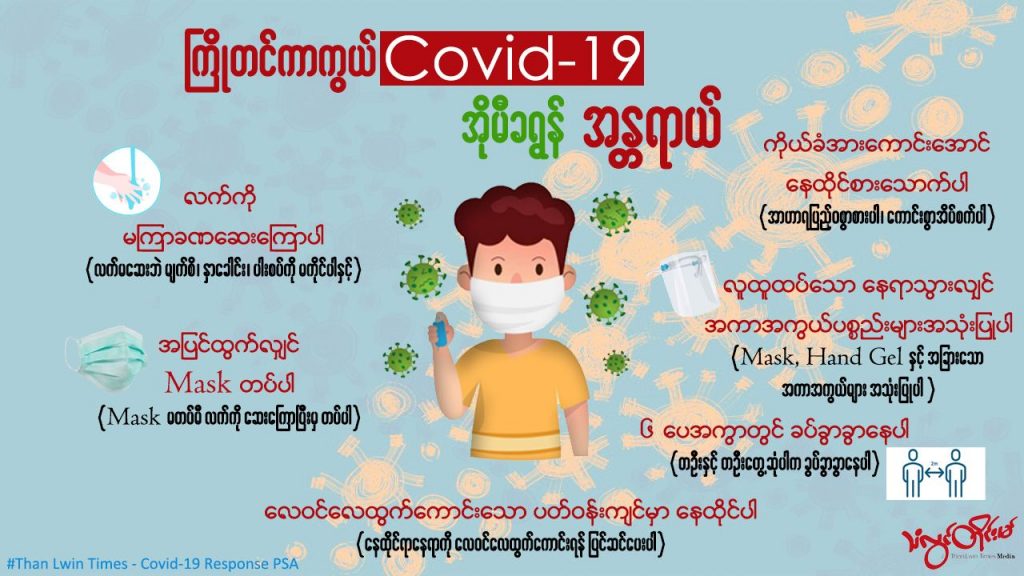Nay Pyi Taw, April (19)
According to political analysts, there will not be a general election under the military regime led by military leader General Min Aung Hlaing, and the military council may continue to take power.
The state of emergency, which was extended for six months on the grounds that the country is not in a normal situation, has only more than three months left, and the military leader’s New Year’s speech did not mention anything about the election.
In the military leader’s New Year’s speech, he said that peace in the country is a must for developing a democratic system and that economic growth can be better, but he was silent about handing over power to the winner of the election.
Political analyst U Ye Tun (Hsipaw) said, “According to the military leader’s speech, he will not seem to hold elections in the next six months or a year. When the military council asked the tribunal whether the extension of the state of emergency was constitutional or not in an abnormal situation, the tribunal said it was consistent with the constitution. If this is not a normal situation, it means that he will extend the state of emergency more than two times”.
After the National League for Democracy (NLD) party won the 2020 election by a landslide, the military council seized power on allegations of vote fraud, and the date of the election to be held has not yet been announced.
General Zaw Min Tun, spokesman for the military council, told reporters at the junta’s Armed Forces Day that he could not yet say the exact date of the election due to the current crisis and security situation in the country.
Veteran politician U Pe Than pointed out that with the increasing instability and opposition against the military group nationwide, there will not be an election, but the military council will keep on holding power.
On the other hand, while defense spending for the 2023–2024 financial year has been increased to more than 5,600 billion Kyats, only more than 28 billion Kyats have been approved for the expenditure of the Union Election Commission, according to the military council’s Union Budget Law.

Under the National League for Democracy (NLD) government, the budget of the Union Election Commission for the 2020–2021 fiscal year was over 52 billion Kyats, compared to this, the amount for this year has been reduced by almost half.
An election observer said that no matter what system is used to hold the election, there is no prospect of holding the election with the allocated amount of money, as it requires a lot of expenditure to educate the public.
Since the 2012 by-elections, Myanmar has received a lot of international support and assistance, such as compiling voter lists and enlisting voter information. In the years 2015, 2017 (by-elections), and 2020 (elections), the country received significant international aid.
The United Nations and the international community, including the Western bloc led by the United States, have condemned the military coup and are also opposing the elections to be held by the military council.
On the other hand, there are up to 63 political parties that have applied for registration and party establishment to participate in the multi-party democratic elections that will be held under the junta’s proportional representation (PR) system.
The military council enacted the Political Parties Registration Law in January, and the Union Election Commission announced the dissolution of 40 existing parties that failed to register within 60 days.
ISP-Myanmar, a research group, has reported that there have been more than 8,700 battles between the junta army and resistance forces across the country in more than two years since the military coup.
News – Than Lwin Times
Photo: MOI

